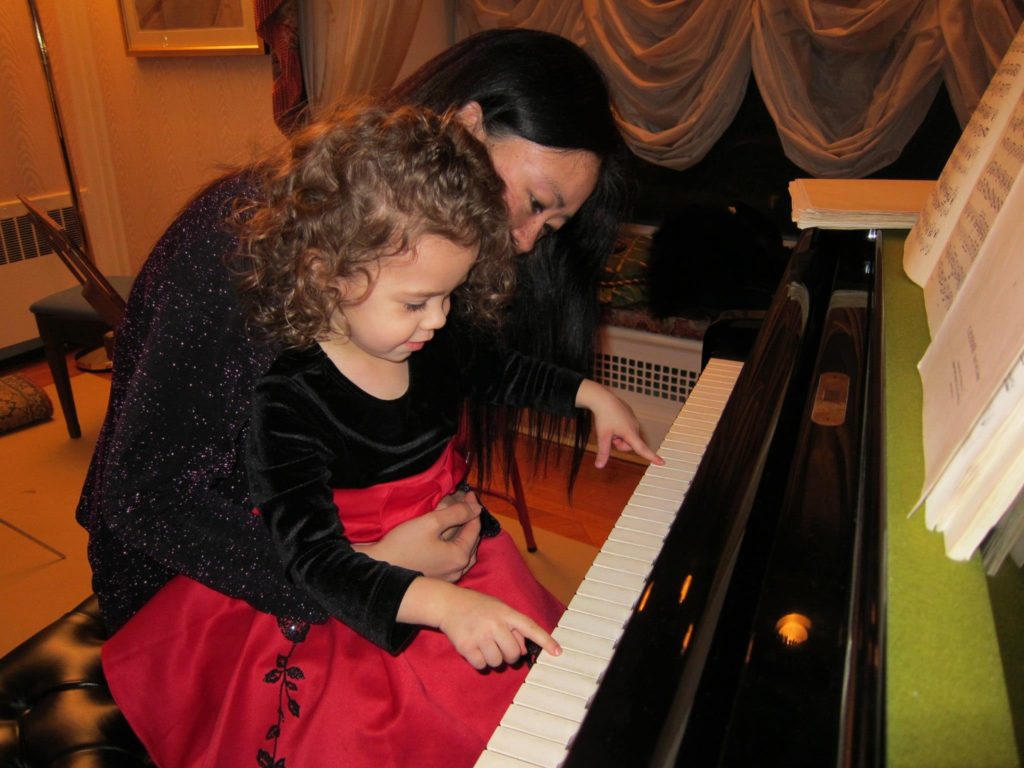This is an English translation of an article that was published in Nikkan San on February 21, 2019. It was a part of my column, “The Way of the Pianist.
“Here is my secret. It’s very simple: One sees clearly only with the heart. Anything essential is invisible to the eyes.” – from The Little Prince (1943) by
Antoine de Saint-Exupéry.
What are the “essential” things?
Profit, productivity, progress – these are the “visible” things. They are easy to quantify, and therefore encourage competitions. STEM has been the often used acronym for Science, Technology, Engineering, and Mathematics. The number of spacecrafts and weapons, the international rankings of GDP and test scores…Numbers have been haunting nations and institutions to compete against each other and emphasize STEM education, ever since the Industrial Revolution. In its shadow, the budget and time spent on arts and music education have been diminishing. However, history tells us that societies that obsess over calculation and logic alone can overlook ethics, our dignity, individual personalities and overall humanity. When AI makes our futures unclear, increasing number of us are advocating STEAM education, adding the Arts to STEM.
Studies reveal that art enhances our abilities to concentrate, to memorize, to learn, to communicate and to collaborate, making us more curious and persistent. Skills used in the arts, such as “to instinctively grasp the essence of things,” “to think abstractly,” “to think three dimensions,” “to apply physical cognition to the object of consideration” are useful in the STEM fields.
Thomas Edison played the piano: Einstein the violin. Leonardo da Vinci invented musical instruments, and a few evidence suggest that he composed music as well.
The unquantifiable, indescribable awe-struck moments I have through my daily musical practice are what makes me who I am. The goosebumps I get with certain resonance and acoustics; chord progression that takes my breath away; melodies that take me back to specific moments in my past… the few seconds, when your whole being focuses on the decay of the last note of a very quiet piece, when none of the audience members moves or even starts to think about applauding… To want to share these experiences with as many people as you can, the desire to empathize. The urge to understand, to communicate and connect with those around you. To want to fulfill their needs and to help. These feelings of empathy should be the driving forces of our quests and endeavors, including inventions, technical advancements, productions and services. That is why, today, the study of the Arts and music should be the focus of our attention. Let the power of music heal us all.

Reference: Mariko Yoshihara-Yang, Ph.D. and Rie Kijima, Ph,D., “世界を変えるSTEAM人材:シリコンバレー「デザイン思考」の核心 (World Changing STEAM: The Heart of Design Thinking in Silicon Valley)” published by Asahi Shinsho on January 30, 2019.